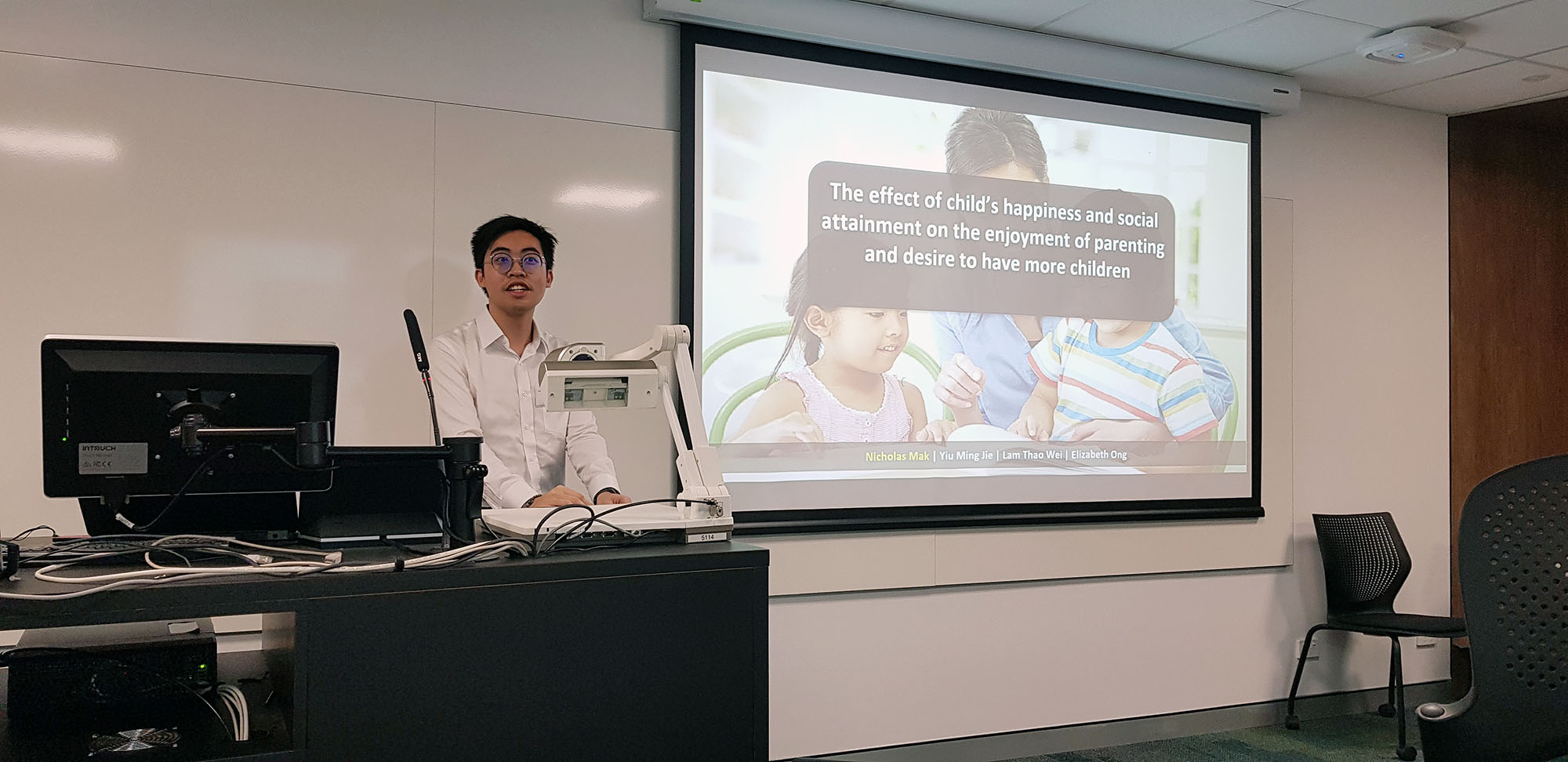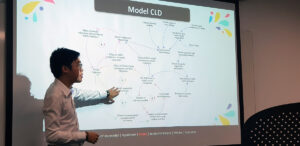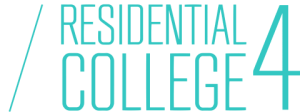Modelling Group Behaviour

Working in teams can be a more enjoyable experience, as shown through system dynamics
By Nicholas Mak
For some, a mere mention of the phrase “group work” causes them to recoil in horror, after one too many unpleasant experiences of working in teams. For others, it’s smiles all round, from happy memories of good groupmates, successful projects and achieving top grades. Why, then, when it comes to group projects, do certain teams perform exceptionally, while others fail?
This was one of a few burning questions I had and which I managed to find answers to, while learning about system dynamics during my time in Residential College 4. An approach to understanding the behaviour of complex systems through modelling, system dynamics is immediately applicable in many areas. This ranges from policy analysis and design, and even to human and social phenomena, as I soon discovered. My introduction to this world came in the form of UTC1702D: Thinking in Systems: Population Dynamics, a junior seminar module taught by Professor Elizabeth Ong during the second half of 2018. Having just matriculated into university and being a greenhorn when it came to systems thinking and system dynamics, I was unsure of what to expect.
Prof Liz, as we affectionately called her, patiently imparted key skills in system dynamics modelling to us in this class, by using population data to demonstrate the impacts of variables, such as fertility, mortality and migration, on people and the world. Piqued by the possibilities in system dynamics, I decided to read two modules simultaneously with Prof Liz in the first half of 2019. UTS2705: Modelling Singlehood, Marriage & Fertility in Singapore was a senior seminar module, while UTC2704: Projects in Systems Thinking and System Dynamics, was an independent system dynamics research project. These opportunities to learn more modelling techniques and the flexibility to apply them in scenarios of my choosing resulted in the creation of two system dynamics models.
 The first was on team effectiveness, which is greatly impacted by the motivation of individual team members. Modelling interactions using variables such as members’ feelings of being respected and valued, as well as willingness to share ideas, I found that high individual motivation and, therefore, high group efficacy was attainable. This could be achieved easily, through measures such as setting the right tone at the start of the project and having clear expectations of each member.
The first was on team effectiveness, which is greatly impacted by the motivation of individual team members. Modelling interactions using variables such as members’ feelings of being respected and valued, as well as willingness to share ideas, I found that high individual motivation and, therefore, high group efficacy was attainable. This could be achieved easily, through measures such as setting the right tone at the start of the project and having clear expectations of each member.
The second model uncovered an equally fascinating finding: Singaporean parents might be inclined to have more kids, so long as society could become more relaxed, and have more realistic expectations of individual success. It was exciting to see how system dynamics had real-world applicability in solving everyday challenges that may not be as insurmountable as they seem to be.
Seeing how simple models could yield such useful insights on people and society has inspired me to enrol in the National University of Singapore’s Master of Computing programme, to delve deeper into artificial intelligence and machine learning principles and techniques. While system dynamics derives models through causal relationships between factors, machine learning derives models based on large amounts of empirical data. Complex interactions in real-world scenarios can thus be captured without the need for ceteris paribus assumptions, creating models closer to the real thing, and resulting in more accurate understandings of answers we seek. Some areas of cutting-edge research include the use of machine-learning models to predict cancer risk in patients, or to conduct behavioral analysis for improving healthcare.
This has huge potential for positive changes in policy, as well as the way we look at and tackle social issues in the future. By then, I imagine group work would have also become more enjoyable for everyone!
Nicholas is a Masters of Computing candidate in NUS and an alumnus of RC4.


